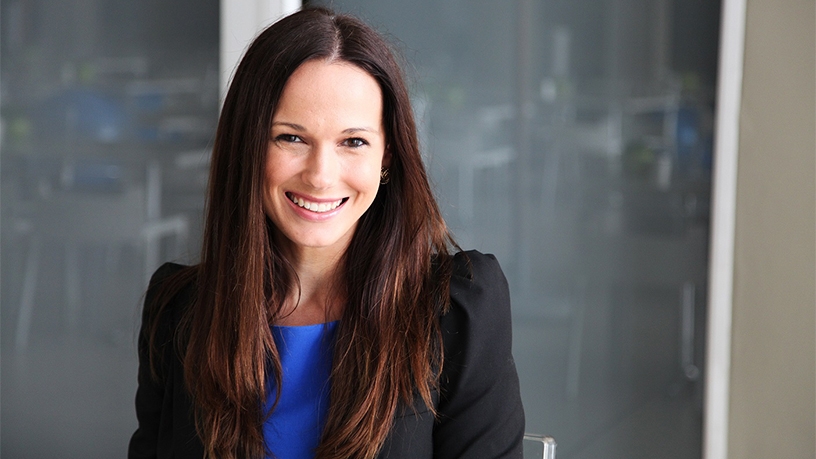ITWeb Events speaks to Paige Dos Santos, senior specialist: digital transformation and innovation, EMEA South, SAP Africa who will be speaking at the ITWeb Digital Economy Summit 2017, at the Focus Rooms, Sunninghill, on 7 and 8 November 2017.
ITWeb Events: Can you tell us a little bit more about the role the millennial is playing in making a difference – digitally?
Dos Santos: The millennial views the world differently – as a place filled with possibilities, where they have the power to create an impact. This belief, combined with access to more information and knowledge than ever before, gives them the power to address some of society's biggest challenges.
Like Jack Andraka, the 15-year-old who created a new diagnostic test for pancreatic cancer. His test is 28 times faster, 26 000 times less expensive and over 100 times more sensitive than the current diagnostic tests. Millennials are also starting businesses that harness the power of digital in new ways i.e. businesses that are not just profitable, but have meaningful social impact, such as QualiHealth in South Africa. We are sure to see more of this across the continent as Africa matures digitally through connectivity and smart device penetration.
ITWeb Events: Can the old and the new exist together or is full-blown disruption the way forward? What can we expect to see in either of these scenarios?
Dos Santos: Emerging technologies are becoming enterprise-scale, resulting in enhanced business process efficiency. For example, machine learning is automating accounting and blockchain-based supply chain applications are being used to account for the provenance of high value goods.
This trend will continue to gain momentum. Things start becoming really interesting when new capabilities are combined to completely reimagine the way we do things. For example, driverless vans equipped with paramedic facilities that are deployed to your location when your vital statistics start to show signs of distress. All this based on real-time information received from your wearable devices.
ITWeb Events: Your role at SAP Africa is around digital transformation and innovation – is your role focused on SAP Africa's transformation, that of your clients or both? And what would you say are the key questions you get asked when presenting your ideas?
Dos Santos: My role is focused on working with our customers across Africa to achieve their digital ambitions. This involves understanding what their strategic priorities are and crafting a digital strategy that enables them to innovate in multiple ways. The strategy prioritises their investment in technology that will support this transformation.

Paige Dos Santos, senior specialist: digital transformation and innovation, EMEA South, SAP Africa.
Innovation is housed in many different areas across organisations, ranging from marketing to IT to operations. It's important to assist our clients in identifying how best to utilise the investments they make in technology, to achieve strategic goals across multiple areas of their business.
ITWeb Events: Who drives/who should drive the transformation process in an organisation?
Dos Santos: The CEO. Leadership needs to set the strategic direction for the organisation, and at the same time create a culture that supports these ambitions. You can have all the technology in the world, but if your culture and skillset supports business as usual rather than continuous innovation, your organisation will not transform.
ITWeb Events: Why did you say yes to presenting at the upcoming Digital Economy Summit? What is it that you bring to the table and what do you want attendees to take away with them after your presentation?
Dos Santos: I'm very much looking forward to being a part of such a diverse and interesting line-up of speakers. There's a lot of noise in the market about digital and disruption – which is often seen predominantly from a business perspective. But there is also a personal, internal element of disruption coming to the fore.
As individuals, we are increasingly going to need to make choices with weighty consequences, calling into question our value systems. What is right and wrong is not going to be clear, and there will not necessarily be precedents or legislation to guide us. It's important that we take the time to understand our own value systems and what we stand for on a personal level, to prepare us to make these decisions in future.

